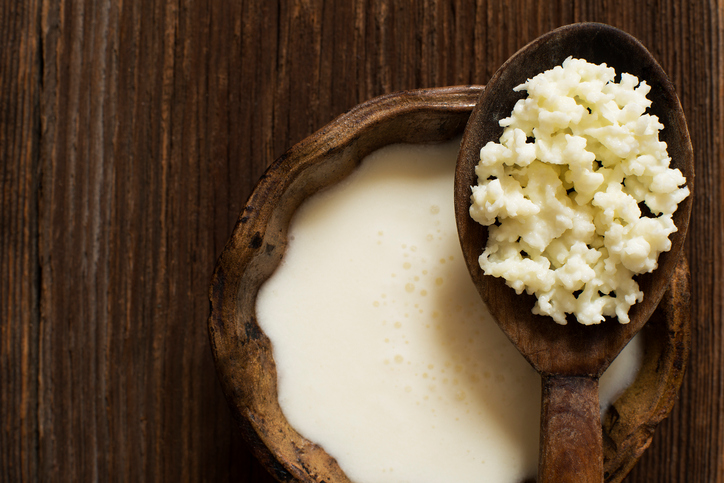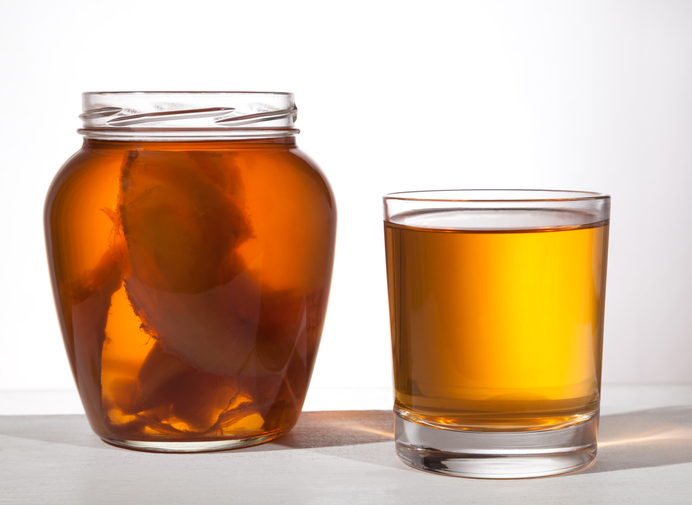Digestive Health
Fiber is known to keep you regular and this is because it helps bulk up your stools, so it keeps waste moving through your intestines, which prevents constipation. It also helps probiotics, also known as “good bacteria” by helping feed the good bacteria, which keeps your digestive system well-balanced.
Immune System
Eating fiber equals eating healthy, so your high-fiber diet can make you less prone to getting sick. According to a study from the University of Illinois at Urbana-Champaign, “soluble fiber changes the personality of immune cells—they go from being pro-inflammatory, angry cells to anti-inflammatory, healing cells that help us cover faster from infection.”
Weightloss
Most dieticians will tell you that you can trick your body into feeling full by eating lots of fiber, therefore helping you stay full longer, so you won’t overeat. In addition, fiber helps the good bacteria fight inflammation. Gut bacteria provide nutrients for the body, including fatty acids that feed the cells in the colon. This is what leads to reduced gut inflammation, so if you feel bloated, eat more fiber.
Skin
Drinking plenty of water and eating a high-fiber diet can help flush out toxins, which can prevent inflammation and clogged pores. Fiber can help move yeast and fungus out of your body and prevent you from getting acne or rashes.
Hair
As you age, you may find that your hair starts to thin out or you start getting gray hairs. Those who suffer from hair loss may benefit from eating more fiber because a diet high in fiber can help strengthen your hair follicles and reduce hair loss. Fiber also helps produce more melanin, which is responsible for keeping your hair from going gray.






